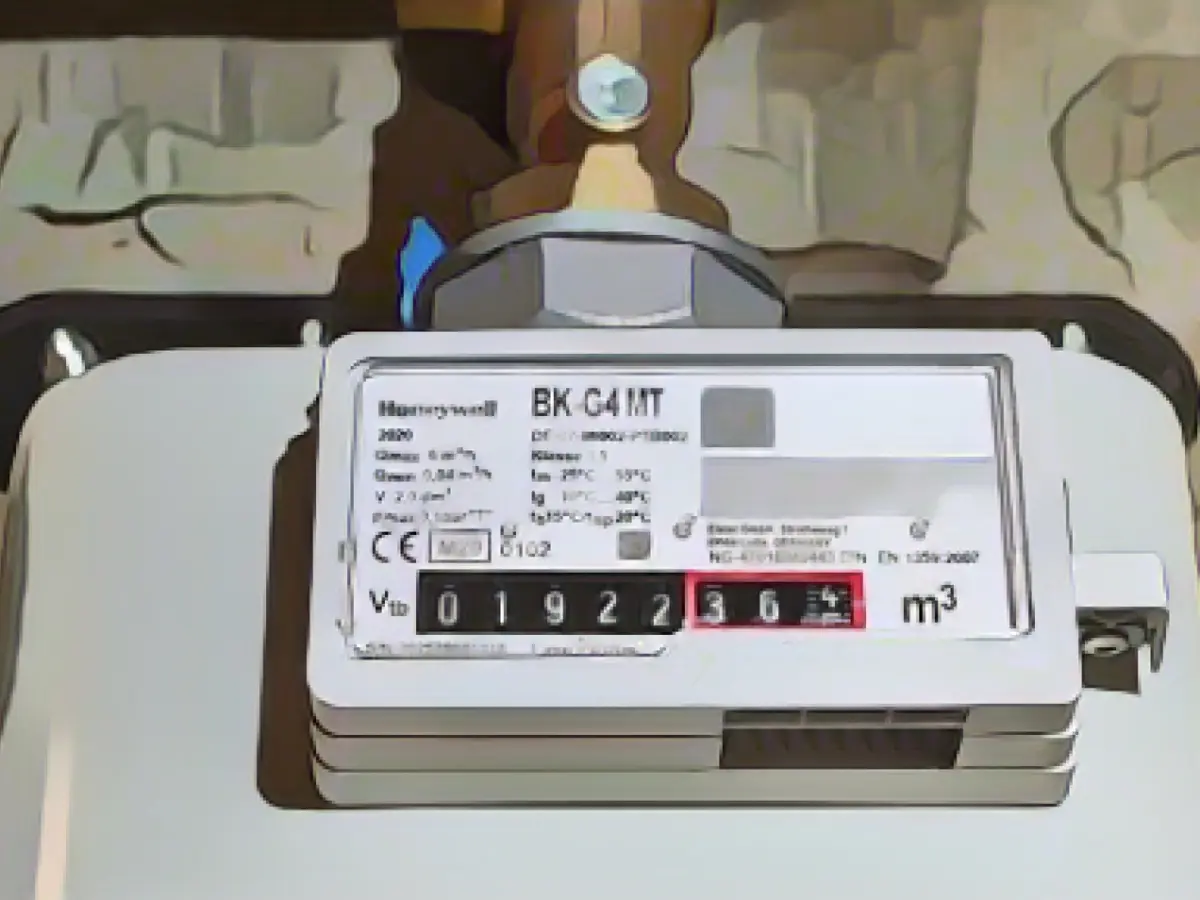Struggling Economy and Soaring Interest Rates Trouble Small Businesses in Germany
Germany's small and medium-sized enterprises (SMEs) are grappling with mounting challenges in the face of a sluggish economy and structural issues. This was revealed in a recent survey by the Federal Association of German Cooperative Banks (BVR) and DZ Bank, which showed a significant deterioration in SMEs' business situation and expectations compared to their spring survey.
The declining order situation and rising interest rates are the two main concerns, affecting 46% of SMEs and 26% of owners and managing directors, respectively. The chemical and plastics industries, which have already been hit hard by the surge in energy costs, are suffering the most.
Despite the gloomy outlook, there's a touch of optimism. The report suggests that the vast majority of SMEs will still be able to weather these challenges, citing their adaptability as their strength. However, quicker government action is advised to strengthen the business environment, with a focus on faster approval processes, less bureaucracy, and financial incentives.
Germany's economy is facing sustained pressure due to structural challenges, geopolitical uncertainties, and rising global protectionism. This has led to a decline in productivity and a weakening of the industrial and manufacturing sectors. Additionally, the CRE sector is experiencing sharp declines in property values, leading to a rise in NPL volumes, elevated borrowing costs, and an increase in corporate insolvencies.
Yet, despite these challenges, SMEs have proven to be highly resilient. Their ability to adapt to changes makes them well-equipped to face these difficulties. The current survey results offer a glimmer of hope, suggesting that the majority of SMEs are well-prepared to navigate through these challenges.
However, the high interest rates and sluggish order situation have taken a toll on SMEs' business expectations. The weakening economy and the ongoing crises in recent years have left their marks. Yet, there's confidence that they will be able to overcome these hurdles.
Source:
Insights:
- The current economic environment is causing significant challenges for SMEs in Germany.
- The chemical and plastics industries are particularly affected by the rising energy costs, worsening order situation, and soaring interest rates.
- The German government's efforts to improve the business environment and provide financial incentives are necessary to help SMEs cope with the challenges.
- SMEs have proven to be resilient and adaptable, with the majority equipped to overcome these difficulties.
[1] Enrichment Data: Weakening Economy, Rising NPL Volumes, CRE Sector Crisis, Corporate Lending Stress, Insolvencies and Corporate Distress, Regulatory Delays and Uncertainty. These factors contribute to the challenging environment for SMEs in Germany and may require careful financial management.








